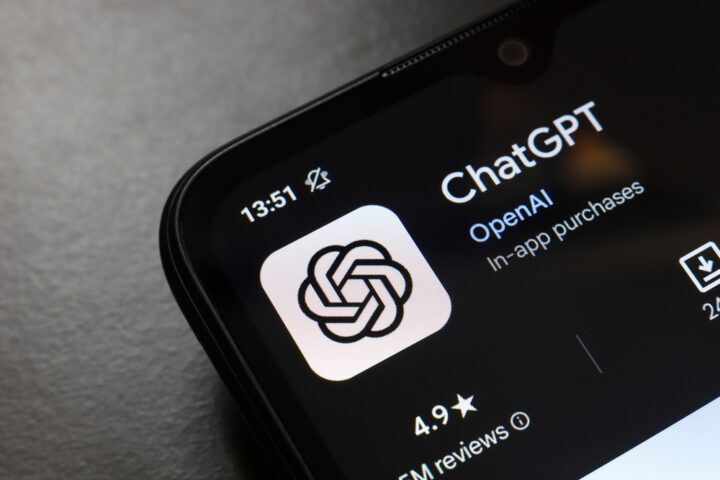Building on the success of OpenAI o1 and the concept of large reasoning models (LRMs), Alibaba has unveiled Marco-o1, a fine-tuned model designed to handle open-ended problems with complex, ambiguous solutions. Unlike its predecessor, OpenAI o1, which excels in standard-answer tasks like mathematics and coding, Marco-o1 takes reasoning capabilities further by addressing challenges without clear benchmarks or quantifiable rewards.
Enhanced Reasoning with Marco-o1
Marco-o1 incorporates cutting-edge techniques such as chain-of-thought (CoT) fine-tuning, Monte Carlo Tree Search (MCTS), and reasoning action strategies. These advancements allow the model to evaluate various possibilities and deliver more nuanced responses.
Key features include:
- MCTS Integration: Marco-o1 employs MCTS to explore multiple reasoning paths, using confidence scores to build decision trees and refine its conclusions.
- Adjustable Granularity: Users can balance accuracy and computational cost by defining the number of tokens generated at each decision node.
- Reflection Mechanism: The model periodically re-evaluates its reasoning steps to refine its conclusions, simulating a self-critical thought process.
Performance and Real-World Applications
In tests, Marco-o1 demonstrated superior performance over its base model, Qwen2-7B, particularly in multilingual grade school math problems (MGSM). More notably, the model excelled in translating colloquial and slang expressions, showcasing its ability to understand cultural nuances. For example, Marco-o1 accurately translated a Chinese colloquialism into an equivalent English expression, highlighting its contextual understanding.
This capability positions Marco-o1 as a valuable tool for tasks requiring deep reasoning and contextual insight, such as product design and strategic planning.
A Surge in Reasoning Model Development
Marco-o1’s release comes amid a broader push in the AI community to develop advanced reasoning models. Competitors like DeepSeek’s R1-Lite-Preview are also vying for dominance, reportedly outperforming OpenAI o1 in specific benchmarks.
The open-source community is joining the race, with Alibaba releasing Marco-o1 on Hugging Face alongside a partial reasoning dataset. Other initiatives, like LLaVA-o1, extend inference-time scaling to vision-language models, further diversifying the applications of reasoning paradigms.
The Future of Reasoning Models
While the industry debates the diminishing returns of training larger models, Alibaba’s Marco-o1 exemplifies how inference-time scaling can unlock new capabilities. By addressing real-world, open-ended problems, Marco-o1 represents a significant leap forward in the evolution of reasoning models, paving the way for innovations across various domains.







